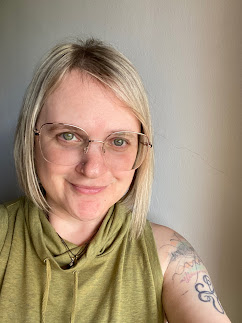“And one has to understand that braveness is not the absence of fear but rather the strength to keep on going forward despite the fear.” – Paulo Coelho
Based on MRI results in August, we spoke with our new radiation oncologist, Dr. Mackenzie McGee with OSF, as well as the opinion of Dr. James L. McGee, and have increased the frequency of these scans and now have them at the gamma knife center in Peoria. There is a spot that could be brain mets but it hasn’t changed recently. It will be more closely monitored if they find enhancement, gamma knife radiology would be the next step.
In other news: With a decent amount of trepidation, we changed Dan’s maintenance therapy. He stopped chemotherapy (an infusion of Alimta [pemetrexed] every three weeks) and started Alcensa [alectinib], an oral medication.
He had success with Alimta for 30 months straight. It is no cakewalk, so somebody get this guy a trophy. I’m pretty sure he set a record anyway.
Despite the success, together with Dr. Kumar, we chose to have Dan begin taking Alcensa because his chronic infections were getting increasingly tough to manage and affecting his quality of life. Last year, Dan endured six months of recurring cellulitis with two hospitalizations for drip antibiotics. He has had five months of the infection so far this year with multiple outpatient drips and constant, increasingly stronger, oral antibiotics. My fear of an antibiotic-resistant super-infection began to really stress me out and Dan was tired of it all on top of chemo side effects every three weeks.
While there are patients who only have the option to stay on Alimta, Dan has a few more. So we are more than astoundingly grateful.
[Disclaimer: I’m going to go into these options and if that is boring, you can just skip ahead.]
He is one of the 5% of patients with adenocarcinoma NSCLC who have the ALK gene, and there are several targeted medicines for it, referred to as “ALK inhibitors.” The medicine turns the gene “off” to temporarily stabilize the cancer. The first of these, Xalkori [crizotinib], was developed by Pfizer and approved by the FDA in 2011. I say “temporarily” stop the cancer because the cancer inevitably resists the medicine. Because of this, Novartis developed Zykadia [ceritinib] as a second line treatment, offered in 2014 after only a mere three years from clinical trial to approval. (This year, Zykadia was also approved for first line treatment.) Along with Zykadia, Alcensa [alectinib] was developed by Chugai (Japan) and then also fast-tracked in the US for approval in 2015. That is the one we are going with first.
I want to emphasize; Three life-prolonging medicines were developed and approved for Dan’s specific cancer within four years. That is crazy.
Alcensa – structurally – there it is for any of you science nerds.
Anyway, once the financial aid was approved, we took the leap and Dan took his first dose Friday, October 6th. So now we wait to see how/if it works and what side effects he will experience. Three weeks in, it is the usual suspects–fatigue and constipation–but no nausea. Edema continues, which increases the chance of cellulitis, but so far so good. His is still on his daily antibiotic. He will have blood draws every few weeks to keep an eye on the usual numbers as well as new liver and muscle enzymes to watch.
And that’s the latest! More soon about what we’ve been up to and how Raine and I are doing. Thank you for taking the time to read this and for keeping us in your thoughts.







No comments:
Post a Comment